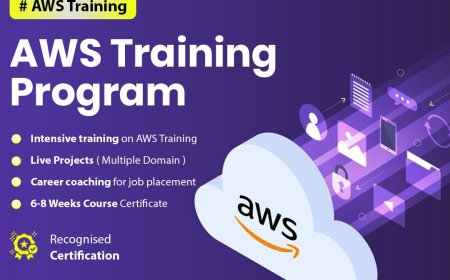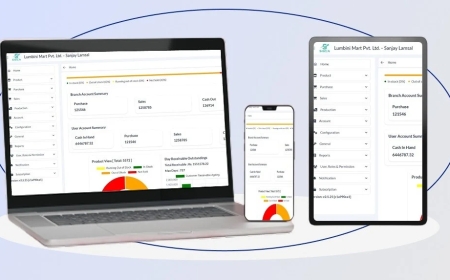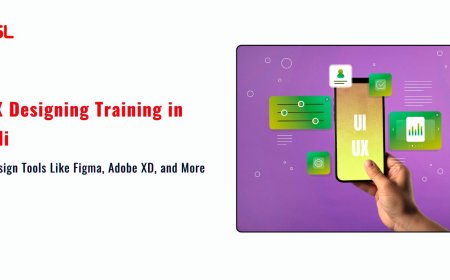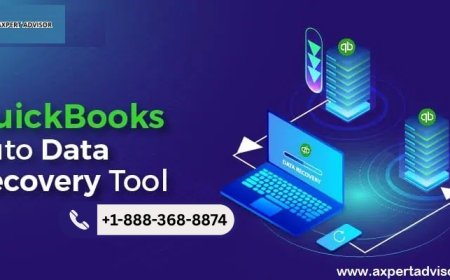CPA Accounting Firm vs DIY: 5 Reasons to Hire a Pro

It often starts with a sense of controlhandling invoices, tracking expenses, and filing taxes through familiar software. For a while, the system works. But as income grows, business structures change, or regulations shift, the limits of do-it-yourself finance become clear.
What once felt manageable becomes uncertain: a missed deduction, a filing deadline you didnt know you had, or a financial document you cant easily produce. Thats when many individuals and businesses realise they need more than toolsexpertise.
A trusted CPA accounting firm brings structure, foresight, and compliance that software alone cant offer. Its not about doing moreits about doing it right.
1. CPAs Bring Regulatory Expertise That DIY Tools Cannot Match
Tax codes evolve constantly. From federal adjustments to Colorado-specific incentives and reporting rules, regulations are rarely static. A licensed CPA is trained to interpret and apply these laws to unique client situationssomething DIY software cannot do.
For example, a change in depreciation rules for business equipment or updates to pass-through income deductions could result in thousands of dollars savedor missed. Software tools only reflect general updates, while a CPA identifies how changes affect your specific tax position.
This knowledge is especially critical for businesses operating across state lines or dealing with independent contractors, leases, or inventory.
2. A CPA Accounting Firm Provides Tailored Tax Planning, Not Just Filing
Filing a tax return is reactive. Tax planning is proactive and is where most long-term savings come from.
CPA firms work with clients year-round to strategically position their income, deductions, and investments. This could include restructuring how you're paid, deferring income, or adjusting asset purchase timing to align with annual tax goals.
Unlike DIY platforms that summarise the past, CPAs look forward:
- Should you convert a traditional IRA to a Roth this year?
- Can a year-end bonus be shifted to avoid pushing you into a higher bracket?
- Would electing S-Corp status reduce your self-employment taxes?
These are not software-generated questions. They require professional judgment and industry insight.
3. CPAs Reduce Risk of Errors, Audits, and Penalties
Even experienced individuals make mistakes, especially when dealing with multiple income streams, investment gains, real estate, or business deductions. These errors can lead to overpayment, missed refunds, or IRS scrutiny.
CPA firms implement internal review systems to cross-check data accuracy, ensure audit-ready documentation, and prevent red flags like mismatched 1099s or exaggerated expenses.
A professional also understands what reasonable looks like to tax authorities. If youre self-employed, for example, claiming 90% of your home as a business office is not just inaccurateit could invite attention.
4. CPA Firms Offer Integrated Bookkeeping and Business Support
Tax filing is only one component of financial health. CPA firms provide ongoing support through integrated services like bookkeeping, payroll, and compliance reporting, ensuring your finances stay aligned throughout the year.
This integration offers benefits that software alone cant:
- Bookkeeping that's categorised with tax strategy in mind
- Real-time insight into business performance
- Consistent tracking that supports quarterly payments and annual filings
- Fewer surprises, rework, or missed deductions at year-end
For growing businesses, this structure supports scalability and improves financial decision-making.
5. CPAs Offer Representation and Credibility in Front of Authorities
If you ever receive a notice or audit request from the IRS or state revenue agency, working with a CPA changes the dynamic. Your CPA can respond on your behalf, provide documentation, and speak the language of compliance.
When youve filed through a DIY platform, youre often left to interpret the issue, gather documents, and communicate with tax authorities, without knowing what theyre looking for. A CPA reduces your exposure to these issues and stands with you if they arise, ensuring a faster, more confident resolution.
Bonus: Business Owners Gain Even More Value
For business owners, the advantages of hiring a CPA multiply. Beyond tax compliance, firms provide financial oversight that drives smarter operations and profitability.
CPA firms support businesses through:
- Accurate financial statements for stakeholders or lenders
- Budget forecasts to guide hiring or expansion
- Entity restructuring to reduce tax liability
- Loan and grant application support with clean books and projections
- Regulatory filings for payroll, sales tax, or industry-specific compliance
A CPA becomes more than an accountantthey function as a strategic advisor for your business.
What to Look for in a CPA Accounting Firm
Choosing the right CPA firm is key if youve outgrown DIY finance or want to improve your current financial systems.
Here are four essential qualities to look for:
- Licensing and Credentials: Ensure certified public accountants lead the firm with state licensure and a clean record.
- Industry Experience: Look for firms that understand your business modelwhether you're self-employed, running a startup, or managing property investments.
- Responsiveness and Access: Year-round communication, not just annual check-ins, makes a big difference.
- Integrated Systems: The best CPA firms combine traditional expertise with modern tools, allowing real-time collaboration and secure data sharing.
Conclusion: Make the Shift to Professional Expertise
Managing taxes through software may work for a time, but sustainable financial clarity, long-term savings, and full compliance demand more. A licensed CPA accounting firm brings technical accuracy and strategic foresight tailored to your unique goals.
GCK Accounting provides CPA-led tax, advisory, and accounting services tailored to your unique goals. To experience the benefits of working with a trusted team of licensed CPAs, schedule a consultation with GCK Accounting today.




































